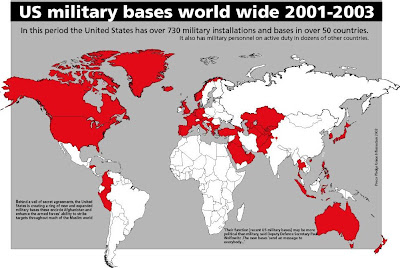It is too probable that no plan we propose will be adopted. Perhaps another dreadful conflict is to be sustained. If to please the people, we offer what we ourselves disapprove, how can we afterwards defend our work? Let us raise a standard to which the wise and the honest can repair. The event is in the hand of God.
—George Washington, remarks at the first Continental Congress, Philadelphia, Pennsylvania, May 14, 1787.—Max Farrand, The Framing of the Constitution of the United States, p. 66 (1934).Washington was the presiding officer.
In questions of power, then, let no more be heard of confidence in man, but bind him down from mischief by the chains of the Constitution.
—Thomas Jefferson, from the fair copy of the drafts of the Kentucky Resolutions of 1798.—The Writings of Thomas Jefferson
I tremble for my country when I reflect that God is just.
—Thomas Jefferson
I hope and pray that we can all learn all we can about the Constitution. I have been trying my best as of late to read all that I can and gain a real understanding of what our founding fathers wanted us to know. I have been slowly working my way through The Federalist Papers. They are hard to understand, but very inspiring when you do begin to understand them. Last Saturday Doran and I went to an Eagle Forum convention up in the Salt Lake area. There were a lot of topics that were discussed and I have to admit that most of it was over my head. I did enjoy learning though and I realized how distracted we are in life from learning about the things that should mean the most. It reminded me of a scripture:
[Alexander Hamilton]
AFTER an unequivocal experience of the inefficacy of the subsisting federal government, you are called upon to deliberate on a new Constitution for the United States of America. The subject speaks its own importance; comprehending in its consequences nothing less than the existence of the UNION the safety and welfare of the parts of which it is composed, the fate of an empire in many respects the most interesting in the world. It has been frequently remarked that it seems to have been reserved to the people of this country, by their conduct and example, to decide the important question, whether societies of men are really capable or not of establishing good government from reflection and choice, or whether they are forever destined to depend for their political constitutions on accident and force. If there be any truth in the remark, the crisis at which we are arrived may with propriety be regarded as the era in which that decision is to be made; and a wrong election of the part we shall act may, in this view, deserve to be considered as the general misfortune of mankind.
Robert





 I find it interesting that when we declared our independence in 1776, the British had military personnel all over the globe. (
I find it interesting that when we declared our independence in 1776, the British had military personnel all over the globe. (

